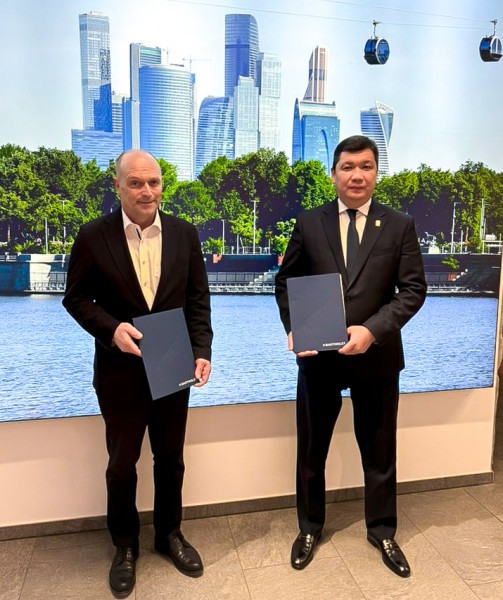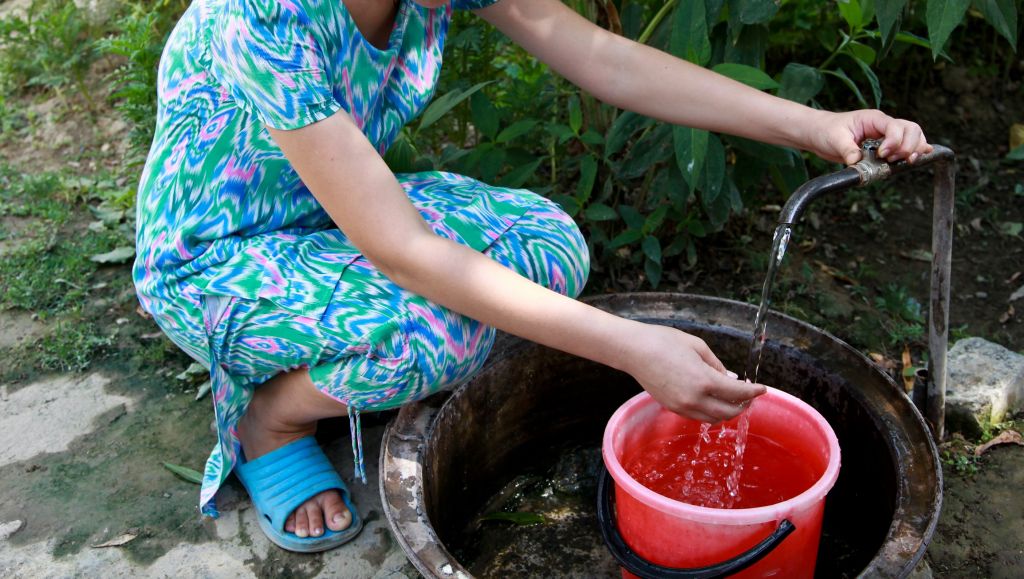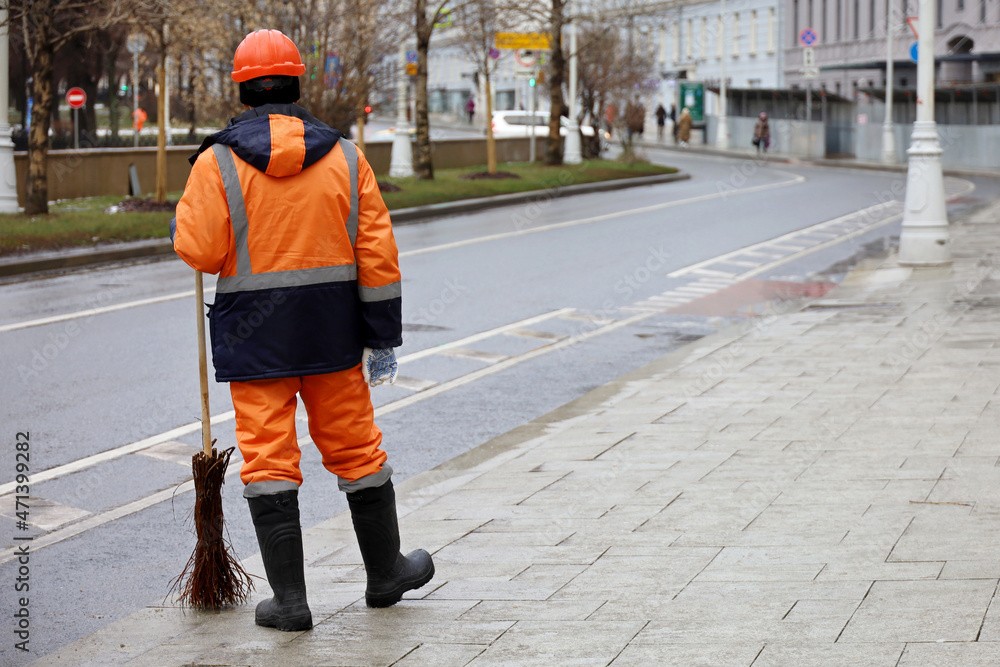Central Asia’s First Center for the Support of Women and Girls to Open in Kyrgyzstan
Women whose rights are violated at home and at work will now be able to receive protection at a special center, according to the Kyrgyz Republic's Ministry of Labor, Social Security and Migration. It will be the first such center in Central Asia in support of female victims of violence, and will offer women and girls free psychological and legal assistance, as well as medical examinations. "When the one-stop shop opens, women and girls will receive all necessary services in one place, namely investigative and forensic medical examinations, as well as legal and psychological assistance," Deputy Minister of Labor, Social Security and Migration, Zhanyl Alybayeva said at a meeting with international organizations and human rights activists. Alybayeva stated that the UN Office on Drugs and Crime is providing technical support for the center's opening. According to statistics, the number of cases of domestic violence against women in Kyrgyzstan today remains high. In 2022, according to official data, 8,620 cases of domestic violence against women were registered, and in the first 10 months of 2023, there were more than 8,000 instances. The majority of those who contacted law enforcement are women between the age of 18 and 34. At the end of last year, parliament ratified the international convention on the eradication of violence and harassment in the field of labor. A draft law "on amendments to some legislative acts of the Kyrgyz Republic in the field of protection and defense against family, sexual and gender violence" was also put forward. In their debate, MPs noted that most women who suffer from violence do not turn to law enforcement, and therefore the real figures are almost certainly much higher. The new bill also stipulates that perpetrators of violence within the family must temporarily leave the dwelling they share with the victim. "After an act of violence within the family, victims usually move out to acquaintances or to crisis centers, and then the family collapses," MP Dinara Ashimova said. "With this bill, we propose that it should be the accused who has to leave. Even when he returns, there will be a greater likelihood that the spouses will reconcile and the family will be preserved." Currently, ratification of the international convention is awaiting President Japarov's signature.






